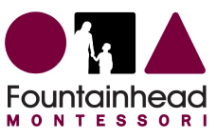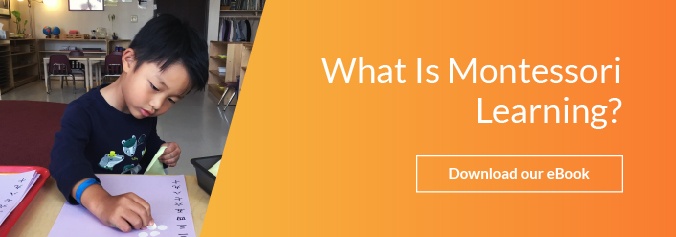Montessori education has been praised for over a century for its unique approach to teaching and learning. But what exactly makes Montessori education so beneficial, especially for young children? The answer lies in its focus on fostering independence, creativity, and a deep love of learning from an early age.
The Montessori Method: A Child-Centered Approach
One of the core principles of Montessori education is its child-centered approach. Unlike traditional education, where the teacher directs the learning process, Montessori allows children to take the lead. In a Montessori classroom, the teacher acts as a guide, providing the materials and environment that enable children to explore and learn at their own pace.
This approach is particularly beneficial for young children, who are naturally curious and eager to explore the world around them. In a Montessori setting, children have the freedom to choose their activities, which helps them develop decision-making skills and a sense of responsibility. They learn to manage their time, complete tasks independently, and take pride in their work.
Fostering Independence and Confidence
Montessori education places a strong emphasis on fostering independence. From a young age, children in Montessori schools are encouraged to take care of themselves and their environment. This might include tasks like preparing snacks, cleaning up after themselves, or organizing their workspace.
These practical life activities help children develop fine motor skills, coordination, and a sense of order. More importantly, they build self-confidence as children realize they can do things on their own. This independence carries over into other areas of their lives, helping them become self-reliant and capable individuals.
Encouraging a Love of Learning
Another significant benefit of Montessori education is its ability to foster a lifelong love of learning. In Montessori classrooms, learning is not about memorizing facts or preparing for tests. Instead, it's about exploration, discovery, and curiosity.
The materials used in Montessori classrooms are designed to be engaging and hands-on, allowing children to learn through their senses. Whether it's exploring the properties of shapes with geometric solids or learning about numbers with bead chains, children are encouraged to interact with the materials and discover concepts on their own.
This hands-on learning approach helps children develop a deep understanding of concepts, rather than just superficial knowledge. Because they are active participants in their learning, they develop a genuine interest in the subjects they study. This love of learning often stays with them throughout their lives, making them more motivated and engaged learners in the future.
The Long-Term Benefits of Montessori Education
The benefits of Montessori education for young children are profound and far-reaching. By fostering independence, encouraging a love of learning, and building strong social and emotional skills, Montessori education sets the stage for a lifetime of success.
Children who attend Montessori schools often become confident, self-motivated learners who are capable of thinking critically and solving problems creatively. They develop a strong sense of self and a deep respect for others, qualities that serve them well throughout their lives.
Whether you are considering a Montessori education for your child or simply exploring your options, it's clear that the Montessori method offers a unique and valuable approach to early childhood education. By focusing on the whole child—intellectually, emotionally, socially, and physically—Montessori education provides a solid foundation for lifelong learning and personal growth.












Let us know what you think about this post
Put your Comment Below: